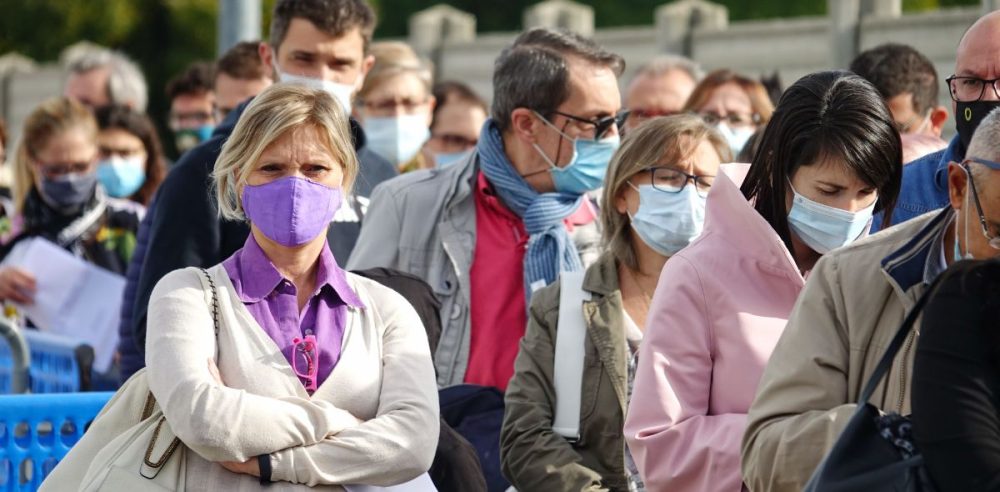The World Health Organization is pleading with China to share details about the origins of COVID-19 with the world.
Half a decade after the pandemic started, the WHO is asking China to provide data and access to critical sites to better understand where and how the coronavirus started. The disease has reportedly claimed the lives of more than seven million people.
“We continue to call on China to share data and access so we can understand the origins of COVID-19. This is a moral and scientific imperative. Without transparency, sharing, and cooperation among countries, the world cannot adequately prevent and prepare for future epidemics and pandemics,” read the December 30 statement from the WHO.
In early December, The Dallas Express reported on a two-year congressional investigation that concluded COVID-19 “most likely” leaked from a Chinese lab, supporting the Wuhan lab leak hypothesis. The House Select Subcommittee on the Coronavirus Pandemic criticized the U.S. pandemic response, pointing to the economic and health damage caused by lockdowns. In one study published in May 2023, researchers found lockdowns had a profoundly negative impact on student academic achievement.
Beijing denies withholding any information from the global organization.
“Five years ago … China immediately shared epidemic information and viral gene sequence with the WHO and the international community. Without holding anything back, we shared our prevention, control and treatment experience, making a huge contribution to the international community’s pandemic-fighting work,” the foreign ministry spokeswoman, Mao Ning, said, per The Guardian.
The impacts of contracting COVID-19 can be severe. In one study, researchers found that more than four out of 10 people who are infected end up with so-called long COVID, with persistent health complications like fatigue that can last for months or even years.
In a more recent study from the National Heart, Lung, and Blood Institute, COVID-19 infection was linked with higher chances of developing heart attacks, strokes, and death. According to the researchers, the risks persisted up to three years after infection.


